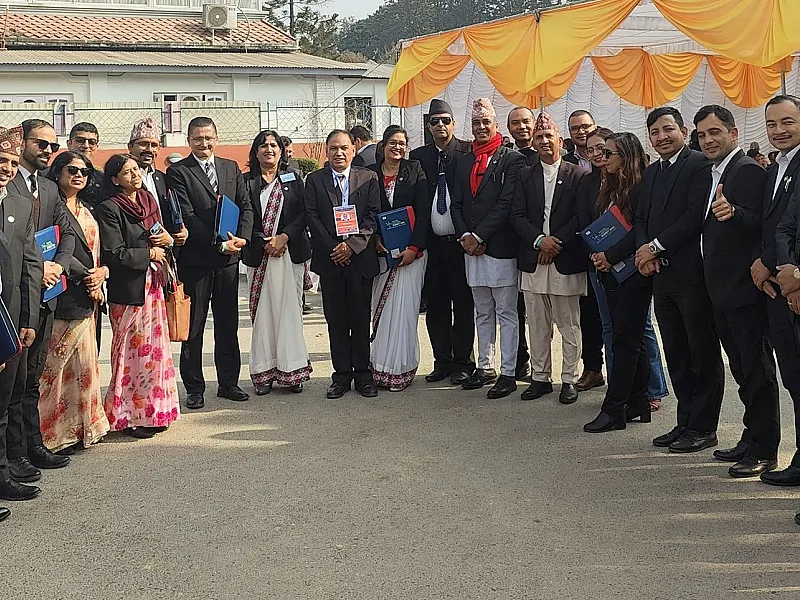
Property and ownership law in Nepal is a comprehensive framework that governs the acquisition, use, and transfer of real and personal property. Here's an organized summary of the key aspects:
Key Aspects of Property and Ownership Law in Nepal
Land Ownership Categories:
Private Land: Can be owned by individuals or entities, subject to legal provisions.
Public Land: Owned by the state for public use.
Guthi Land: Managed by traditional trusts for religious or social purposes, not privately owned.
Land Measurement: Uses traditional units (ropani, anna, paisa) alongside the metric system for practical applications.
Land Registration: Governed by the Land Registration Act, it records ownership details to establish legal ownership and prevent disputes.
Property Transactions: Legal processes involving documentation like sale deeds and agreements are required for buying, selling, or transferring property.
Inheritance Laws: The Muluki Ain outlines distribution rules, addressing concerns like equal rights for male and female heirs, though cultural nuances may apply.
Mortgages and Encumbrances: Property can be used as collateral with details recorded in land registries, facilitating loans and economic growth.
Land Use Planning: Local municipalities regulate land use through zoning, adapting to local needs while aiming for consistency and effective development.
Implications and Considerations
Conclusion
Nepal's property law balances individual rights with public and communal interests, structured through categories, registration, transactions, inheritance, mortgages, and land use planning. While the framework is comprehensive, understanding its cultural and legal nuances is vital for effective application
Comments: